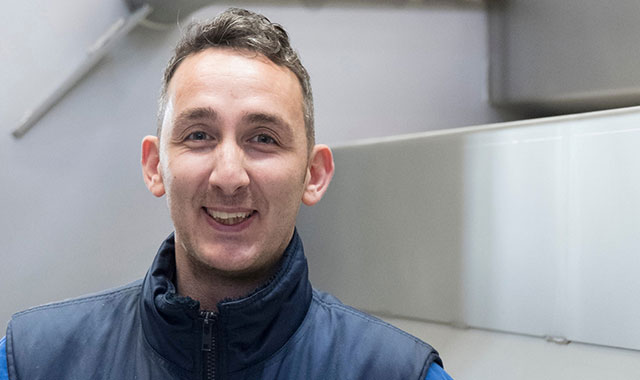
I’m especially moved when local workers on international assignments come and thank me for my support.
After leaving school I first trained as a precision mechanic, specializing in mechanical engineering. I then spent two years with the Marines. I was very sporty back then and wanted to stay with the Marines as part of a boarding team. These are the soldiers who abseil down from helicopters to secure merchant ships in Somalia, for example. I would’ve found that exciting! However, as I’d just missed the application deadline, this sadly didn’t materialize. So that I didn’t waste a year, I instead embarked on the adventure of field installation, initially for one of KHS’ partners. In 2015 I then joined KHS itself, where since then I’ve been working as a commissioning engineer for filling technology.
“I don’t do things by halves – and never have done. When machinery costing millions of euros is suddenly dangling from a crane, this is a huge responsibility.”
My mother’s German and my dad’s a Turk. I was born in 1985 in Dorsten in the Ruhr Region – not 300 meters from the Fürst Leopold Coal Mine where my grandfather, uncles and own father were employed. I think that my Ruhr Valley roots, where life has always been a little rougher than anywhere else, have been one of the defining factors in my development – alongside my thirst for adventure, of course! There’s not much room for big words in a mining community – there’s more work than talk here. When you grow up in a place like this, you know you simply have to deliver if you want to get on in life. I thus don’t do things by halves – and never have done. After all, when extremely heavy machinery costing millions of euros is dangling from a crane during the ingress of technical equipment, this is a huge responsibility to bear.
I spend most of my working hours with the customer. If I don’t happen to be back at my home base at KHS in Bad Kreuznach in Germany for follow-up meetings, training courses or new factory acceptance tests, I’m jetting around the world more or less non-stop. Even the pandemic, where most flights were grounded, did little to change this. Despite this difficult period, I learned a lot and had some really great experiences which I still like to look back on today.
Above and beyond the routine of commissioning, there’s also the occasional exception where I may be called on to develop my own constructive solutions to get a machine successfully up and running, for example. You then feel a little bit like a first aider. You don’t learn the skills you need here at school; you need input from older colleagues who take you by the hand when you start out and explain how it all works. The rest is then down to your own professional experience. And in addition to the technical side of things you come into contact with lots of different cultures which occasionally calls for a certain amount of diplomatic tact.
Yes, of course this is the case every now and then. Newly industrializing countries where presidential elections are due to be held, particularly in Africa or the Middle East, are challenging destinations, for instance. Unforeseeable problems caused by acts of nature, for example – such as flooding in China, sandstorms in Saudi Arabia or an earthquake in Myanmar – prove extremely challenging time and again. When you then install machinery in these countries and the local workers come and thank you for securing them a source of income, it’s very moving. Incidentally, the language barrier is usually not a problem when it comes to working together on site; most people speak English – or we communicate in sign language.
Of course! When you’re working, you don’t see much more than the airport, the hotel and the company you happen to be at. You only have a bit of time at the weekend for the country and its people. That’s why I try to travel as much as I can in my free time, too. In 2017, for example, I spent a longer holiday in Nepal’s capital of Kathmandu, inspired by a friend who runs a travel agency there. Here, I realized one of my big dreams and hiked up to South Base Camp on Mount Everest, 5,364 meters above sea level.
My startup Pleta. On my travels in Nepal I came across taparis, plates sewn together from banana leaves that are light, natural and sustainable. My friend and I then came up with the idea of also marketing plates like these in Germany. We now have 20 employees who collect the leaves in Nepal and wash and soak them before they’re pressed into shape. 450,000 plates have since found their way to Germany – and they’re in high demand! Who’d have thought that I’d spend my life as an adventurer amongst bottles, cans and plates?!
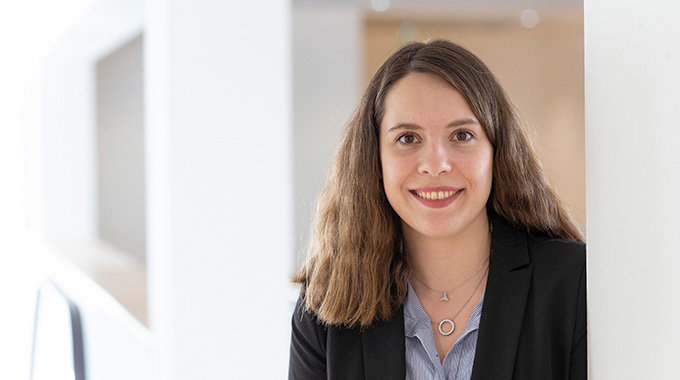
“Building up my network and intensifying my cooperation with my colleagues in Sales is very important to me.”
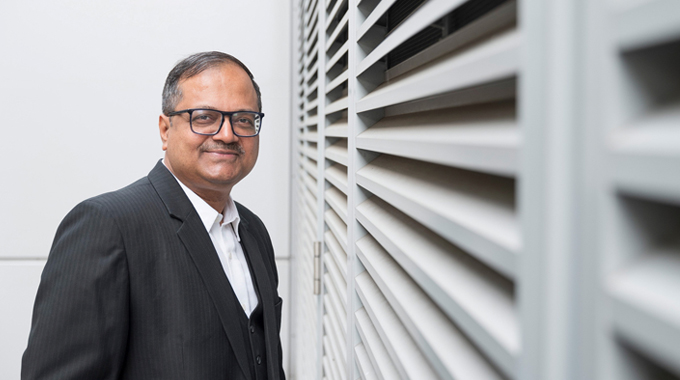
“I want to provide my workforce with an environment in which they can personally develop with confidence and are free to indulge their passion for the job.”
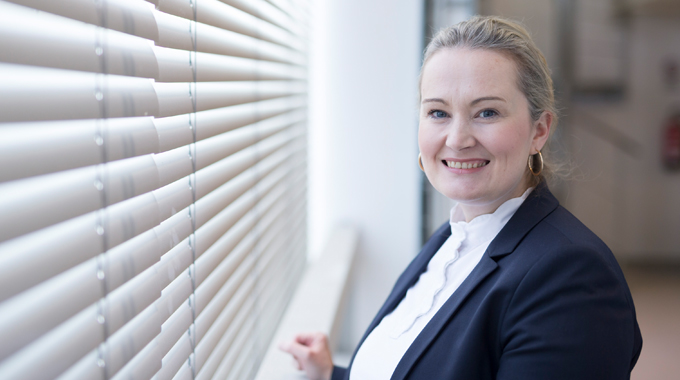
“I’ve learned to master challenging tasks with lots of commitment and to combine my job with a functioning family life.”
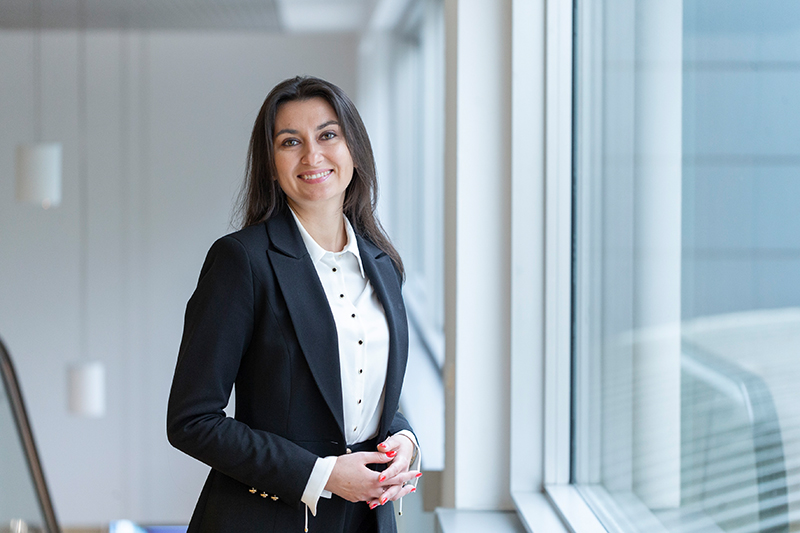
“All in all, my job is a combination of safety shoes and high heels – quite literally!”
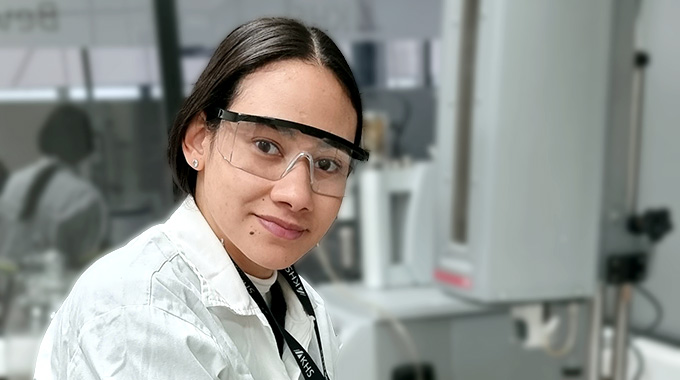
“We always try to find the distinctive characteristics of each specific client - this makes KHS unique!”
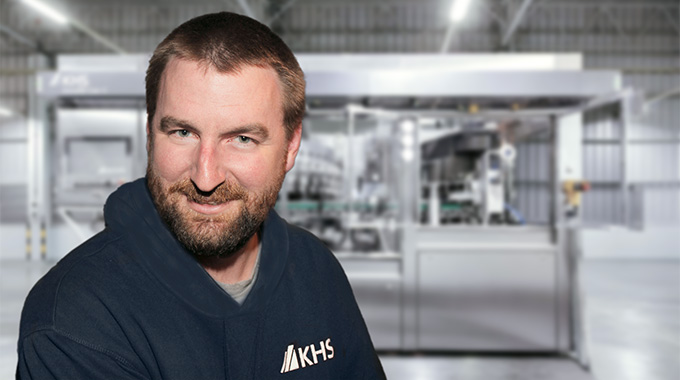
“I love my work at KHS, the products and the challenges these bring. We’re like a family and I’m very happy about that.”
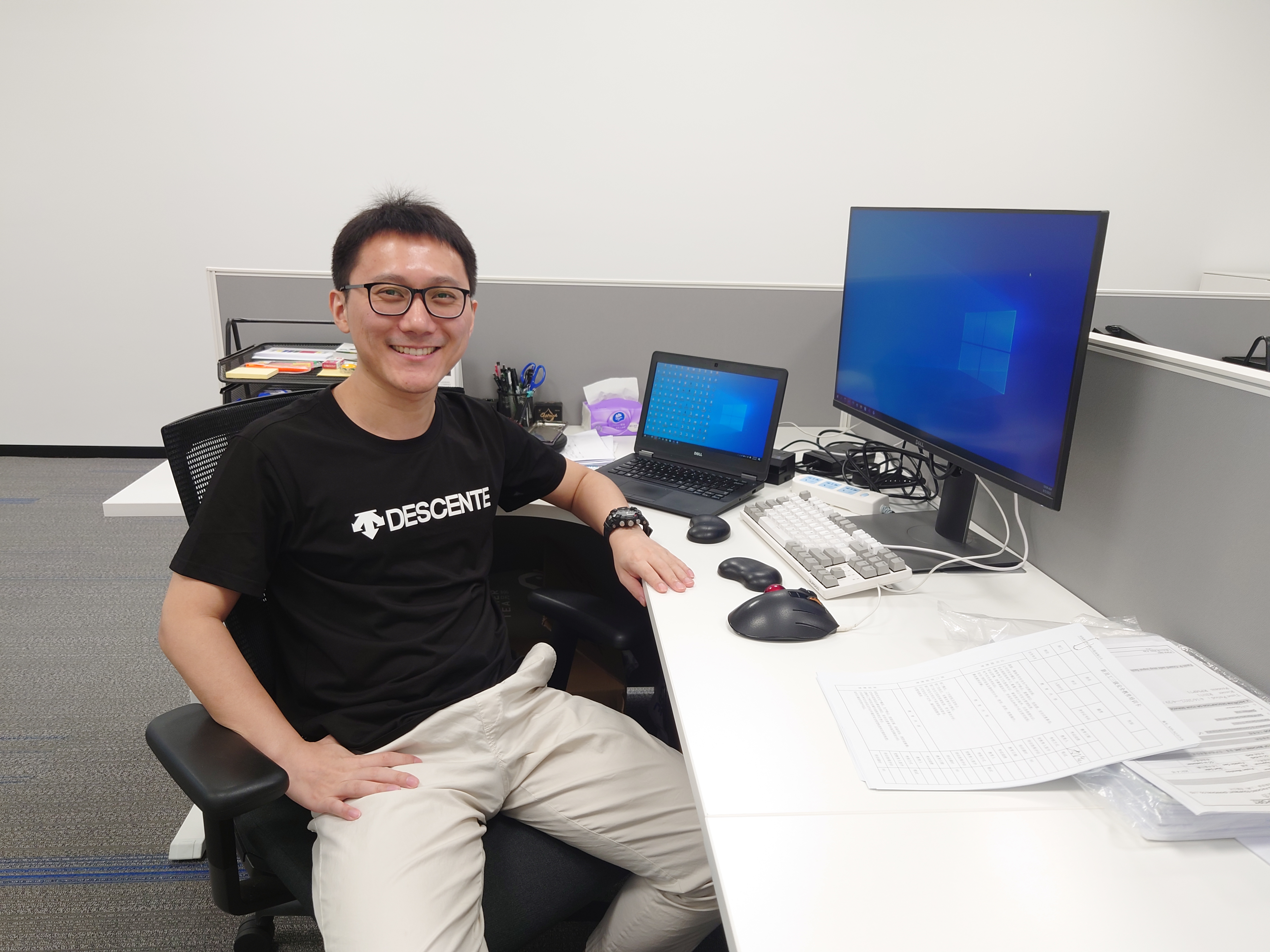
“The fascinating products and the opportunity to work with colleagues coming from all over the world are the reasons why I chose KHS in the first place.”
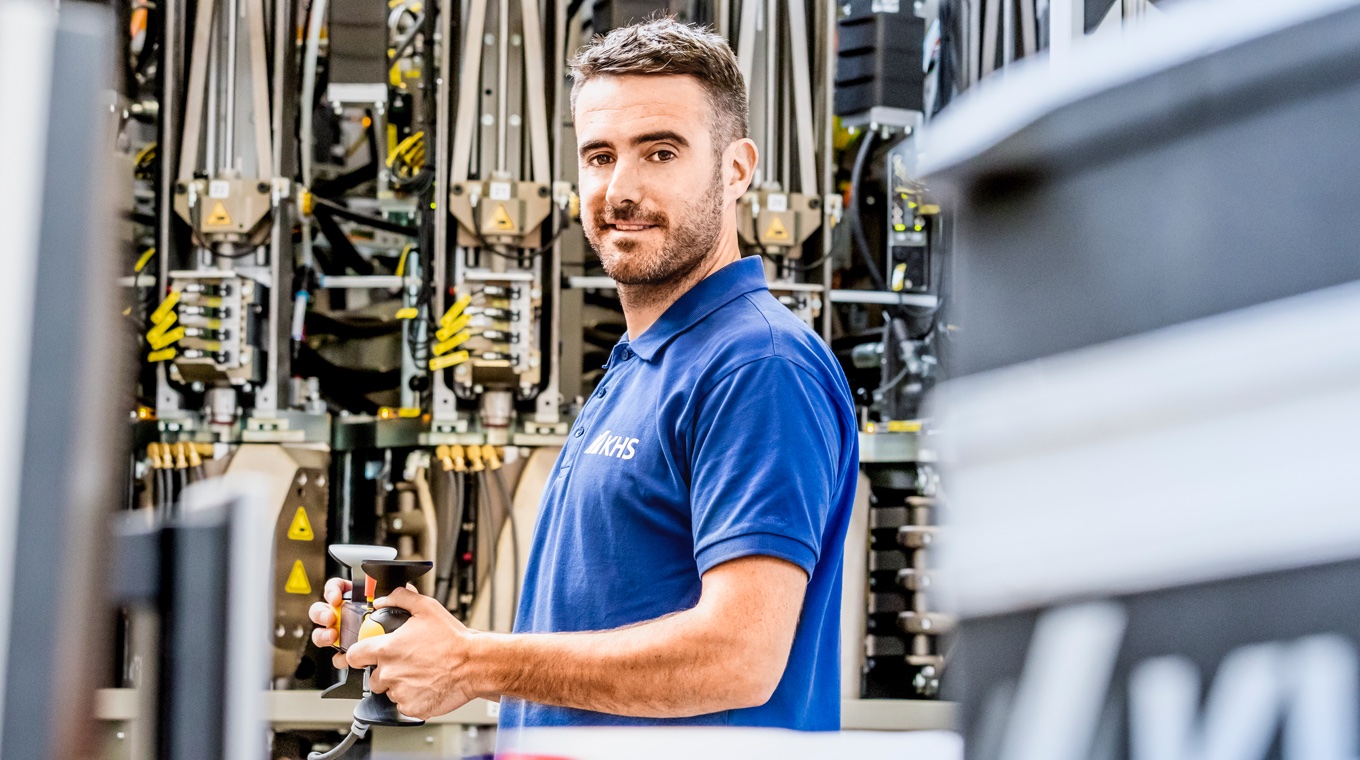
“It’s a great feeling to have solved a complex technical problem – every single time.”
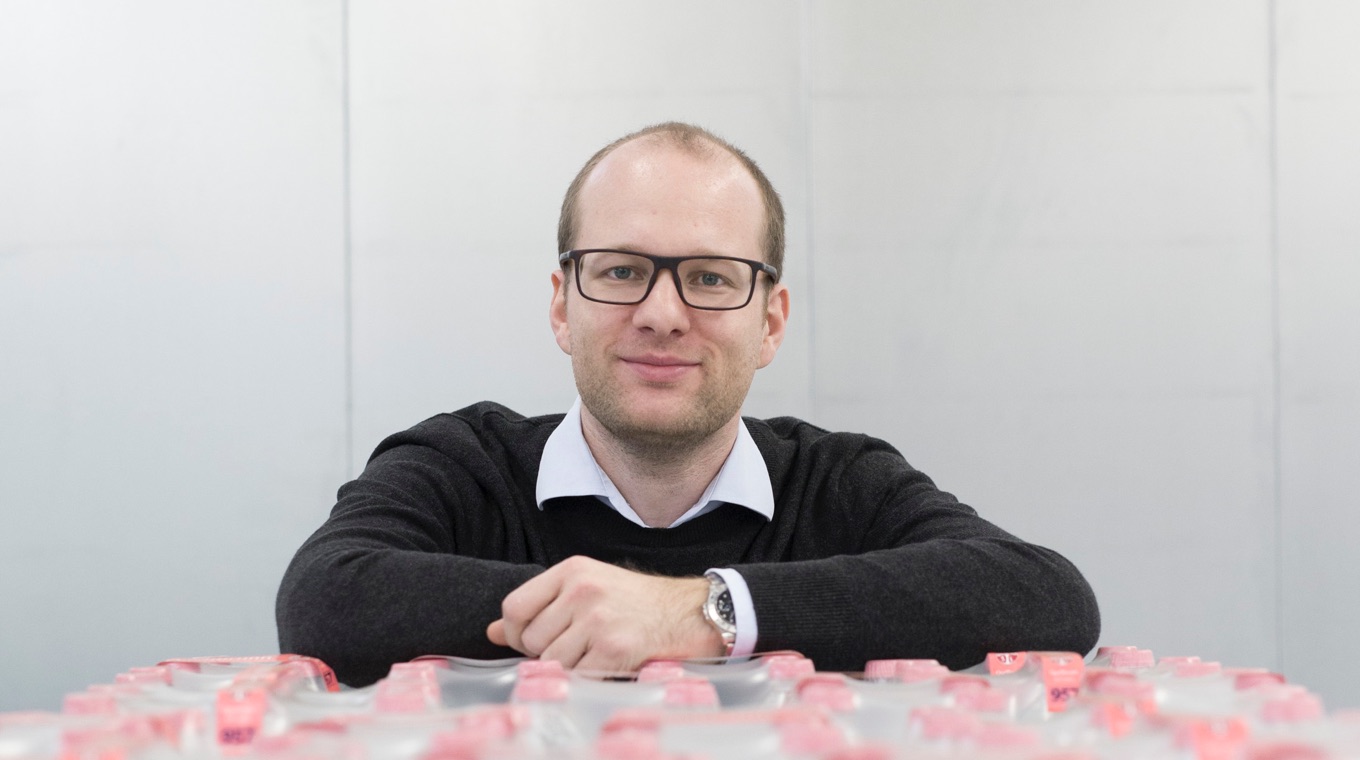
“Time and again I realize just how important personal contact is for the results of our work.”
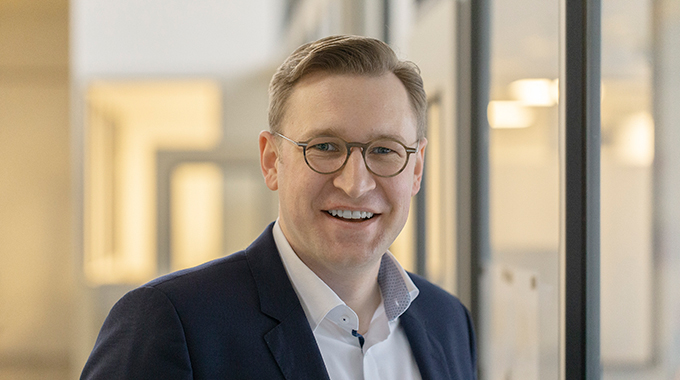
“Being able to familiarize myself with production at our international plants proved extremely informative and is still of immeasurable value to me today.”
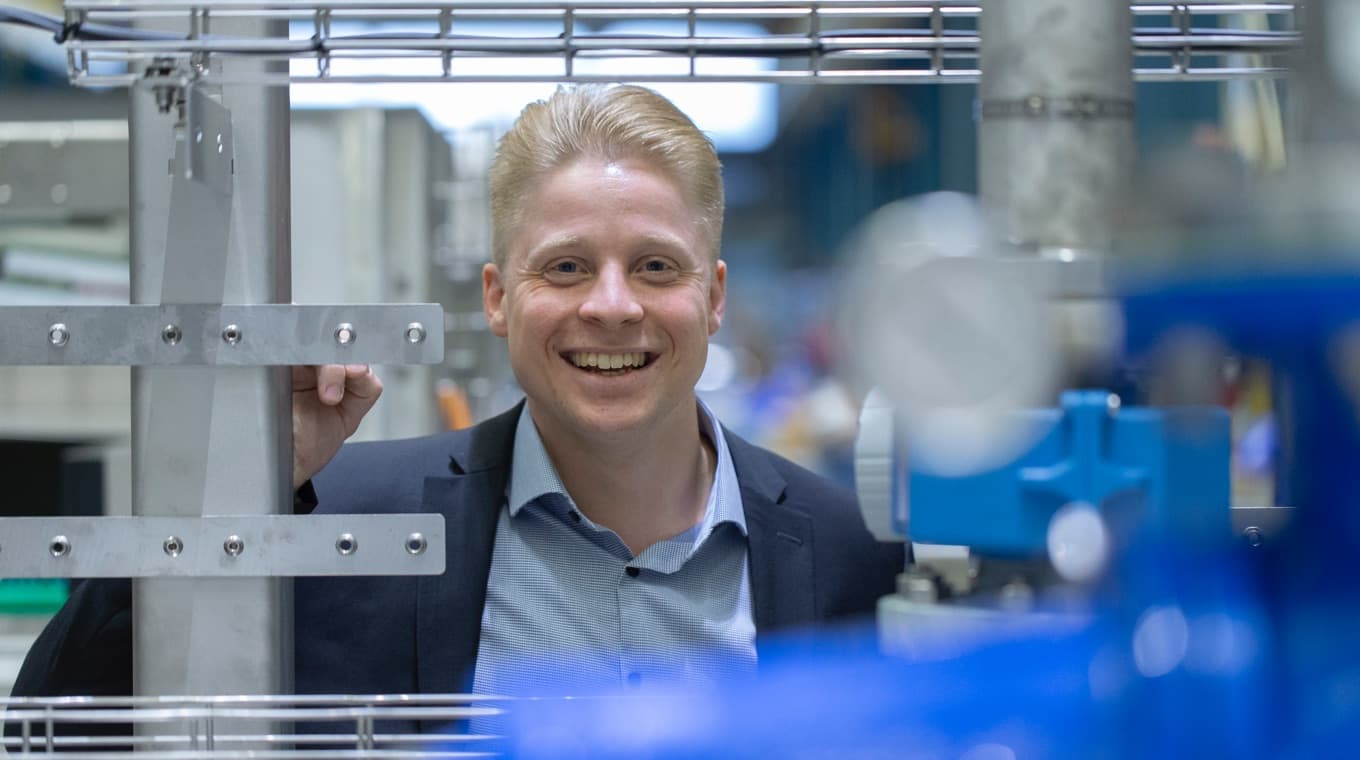
“Learning a technical occupation at KHS is useful for all those who wish to work on an international level.”
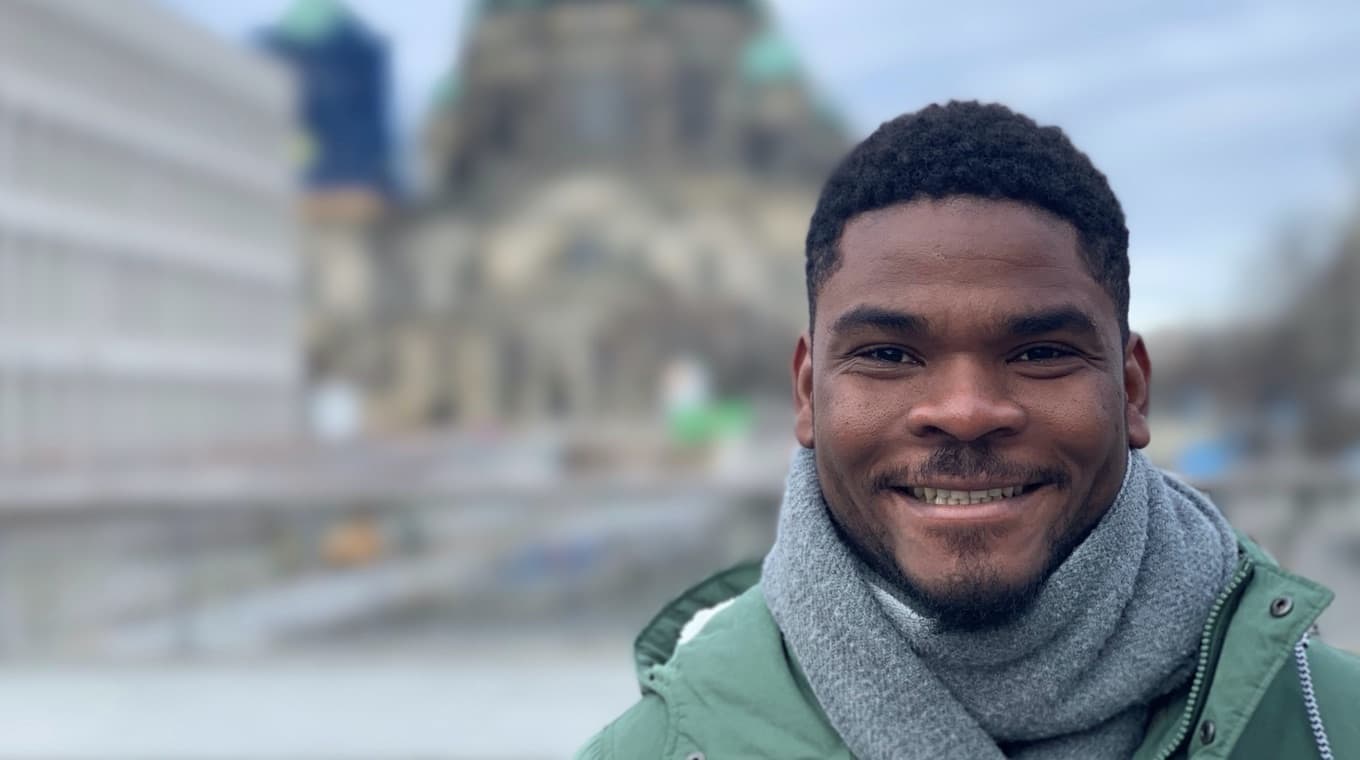
“As an electrical engineer you solve both technical and economic problems. That’s what I love doing!”